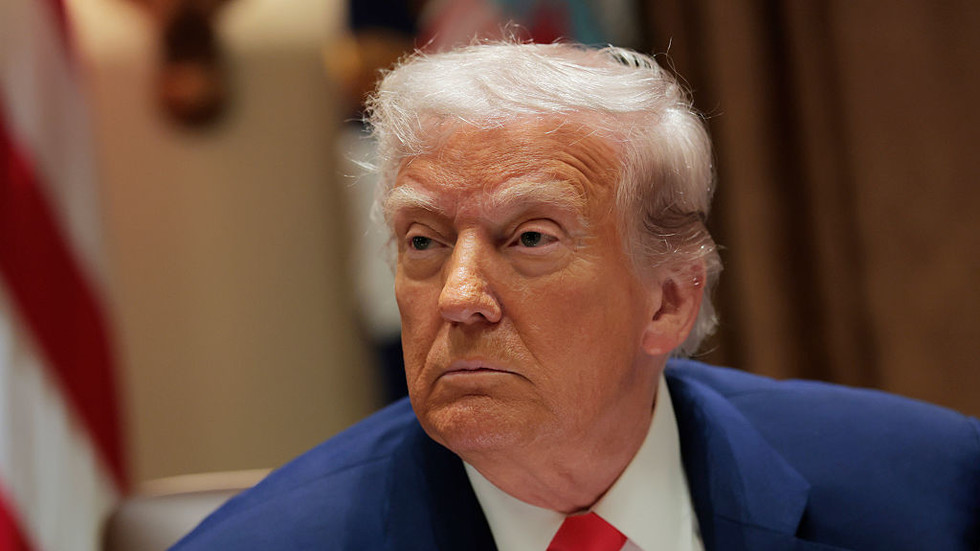Robert Holzmann, governor of Austria's central bank, during an interview in London, UK, on Monday, April 29, 2024.
Bloomberg | Bloomberg | Getty Images
Austrian central bank chief Robert Holzmann on Thursday said euro zone interest rates should be held until more clarity emerges on the path of U.S. tariffs and European Union countermeasures.
"We have not seen this uncertainty now for years... unless the uncertainty subsides, by the right decisions, we will have to hold back a number of our decisions, and hence, we don't know yet in what direction monetary policy should be best moved," Holzmann told CNBC's Carolin Roth in an interview at the IMF World Bank Spring Meetings.
Holzmann is widely viewed as one of the most hawkish voting members of the European Central Bank, in favor of a slow approach to easing monetary policy as inflation eases. The ECB's Governing Council voted unanimously to cut by a quarter percentage point at its April meeting, its seventh reduction in the current cycle, but Holzmann confirmed he took the decision with caution and had seen a need to wait for more data.
He told CNBC that there was a "broad consensus" around lowering rates, but some disagreement at the margins.
"My assessment is that at this time, it wasn't clear yet to what extent [tariff] countermeasures were being taken. Because with countermeasures in Europe, prices may have increased. Without countermeasures, quite likely the price pressure is downward. And for the time being, we don't know yet the direction," he said.
Under President Donald Trump's market-rocking tariff policies, the European Union is facing blanket 20% duties on its U.S. exports, along with the 25% U.S. tariffs on aluminum, steel and autos that most countries have been slapped with. Trump on April 9 announced a 90-day pause on the universal tariffs, prompting the EU to pause its own initial tranche of counter measures while negotiations take place.
Holzmann told CNBC that while various scenarios remained possible with regard to prices and the movement of rates, for the time being the direction was downward.
"Before looking at data in detail, the question is, what kind of political decisions will be taken? Is it that we will have some tariff increases? Is it that we will have strong tariff increases? Is it that we will have retribution by high counter tariffs?"
"This high uncertainty, what we currently have, you can find everywhere. You can find it at the level of growth. You find it at the level of exchanges, in financial markets indicators. So at the moment, we look at everything and try to make sense out of it. But for the time being, it's too early to say, this is the data to look at. We need the decisions."
In an interview with CNBC earlier this week, European Central Bank President Christine Lagarde said monetary policy had done its job and the disinflation process in the euro zone was "nearing completion."
"We need to continue checking the data," she added, saying the central bank would be "data dependent to the extreme."
Overnight index swap pricing on Thursday suggested market expectations for another 25-basis-point rate cut at the ECB's next meeting in June, taking its key rate to 2%, and another cut of the same size before the end of the year.
"There may be further cuts this year, but the number is still outstanding," Holzmann said Thursday.

.png) 3 hours ago
4
3 hours ago
4









